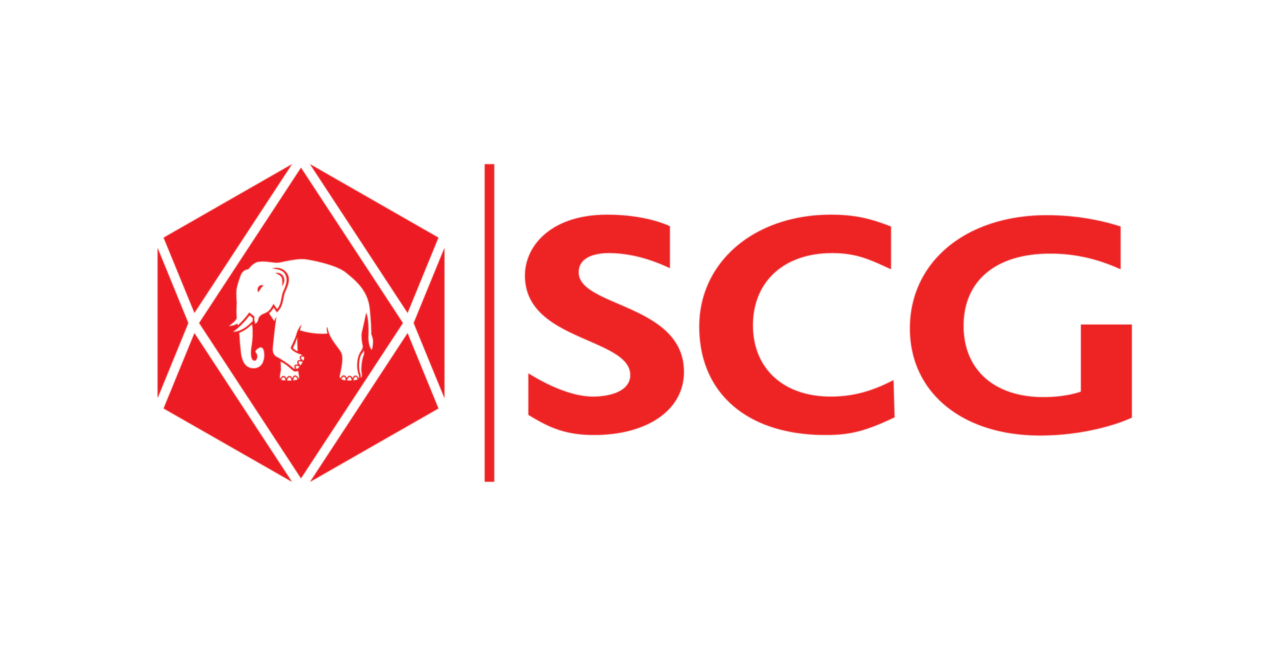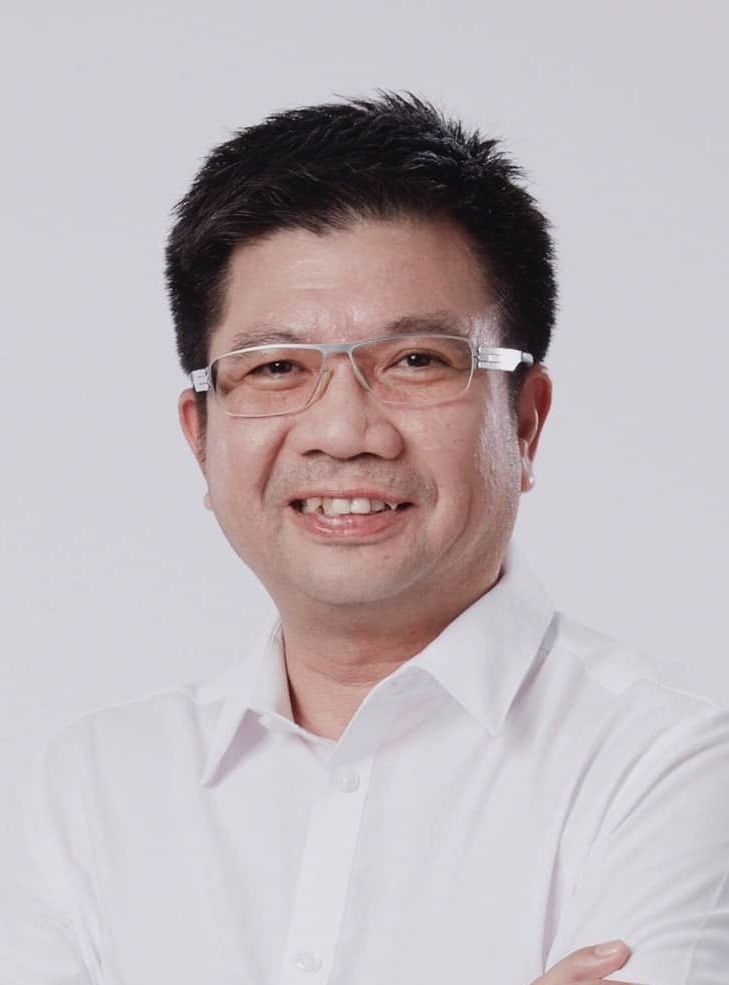Explore, evaluate, excel: SCG Chemicals CTO on the main drivers influencing change in the downstream industry

In Partnership with


What does a typical day in your role look like? What are the biggest challenges?
Typically, we explore, evaluate, and sometimes develop technologies ourselves to cope with the new challenges that we are facing. The key challenges now involve operational flexibility that is required to deal with market dynamics, while competitiveness in the long run and sustainability become more and more important. Of course, safety and operational excellence are still the foundations.
What do you think will be the biggest impact of the COVID-19 pandemic on the downstream industry? What do you think the shape of post-pandemic recovery looks like for your organization?
Even if the situation in Thailand was not severe, comparatively, the COVID-19 pandemic was an unprecedented disruption that we have never experienced in our lifetime. Before the pandemic, we worked with several forecasting models. Some performed better than others in certain situations. However, with COVID-19, none of them can be trusted. The volatile feedstock price, unpredicted demand forecast, on-going supply chain disruptions, and day-by-day situation development reminded us how important flexible operations and ability to respond are.
The good thing about this pandemic was that it helped accelerate digital transformation and adoption. Now online meetings are normal, and many units can work remotely effectively. We expect the post-pandemic recovery could benefit from these digital adoptions and workforce flexibility.
What is the main driver influencing change across the future of the downstream industry?
While changes in industry landscape and sustainability could be viewed as main drivers for the years to come, I personally believe that the real driver comes from inside. We witnessed the new way of working emerged during the pandemic to deliver the same business goal but in a smarter way. I think ‘re-think’ is a true driver that influencing changes in the near future.
One of the biggest challenges the market faces is equipping the workforce to adapt to the pace of digitalization. How do you empower your workforce to adapt to the digitalization strategies needed to survive and thrive in the new normal?
We invested a lot in capability building and testing new technologies. When it comes to adoption, culture takes important role. At SCG, we try to create the culture that accept failure – to fail fast and learn fast and to constantly challenge ourselves. At the beginning of the COVID-19 pandemic, the need of digitalization became increasingly vital. We came to look at the situation as a challenge and an opportunity. For us, it was to implement changes to our work process and to roll out various digital solutions to best equip our employees and organisation to deal with the ‘new normal’. Remote working became the norm, and we used this as an opportunity to improve our working process by implementing digital tools and platforms, offering our employees a quick and seamless transition from offline to online methods. The need to adapt to an increasingly digitized work process was accelerated by the pandemic, but the advantages we gained from it helped spurred a systemic change in how we continue to work.
Do you have a digital roadmap for/ in your organisation?
The digital roadmap for our organisation comprises of goals and objectives that represents our long term commitment to implementing digital technologies to our business practices. Our implementation of digital technologies within the organisation are designed on a two year timeframe, where the execution and implementation of digital solutions are adaptable, based on new technologies that becomes available. By remaining flexible with our digitization plans, we ensure that we are continuously looking to utilize the latest digital technologies and tools available.
How can digitalisation/new technologies help organisations reach their sustainability goals?
New technologies will play important role in GHG reduction, reducing waste, minimizing energy consumption, maximizing production efficiency, and in the area of recycling. Digitalization, on the other hand, will help close operational gap. For examples, automation and optimization could help close gaps in refined scale. Analytics and predictions could help improve operational efficiency.
How important is cybersecurity as a business priority at your organisation?
Cybersecurity is one of our top priorities, especially due to our reliance on computer systems and wireless network. In our business, our IT department focuses on employing countermeasures to ensure that sensitive information is well protected. In our manufacturing facilities, we are among a small number within our industry that utilizes operational technology securities to help monitor and protect our critical infrastructures such as our industrial control systems against potential threats. Not only do we apply security on our hardware, we are also actively raising awareness and training our workforce for any potential threats that can pose a risk to our organisation and the individual.
Do you think that sustainability is increasingly becoming a corporate CSR and ESG concern? How can organizations adapt to stakeholders’ sustainability demands?
SCG adheres to conducting its business with ethics, and responsibility to all stakeholders for sustainable mutual benefits. SCG has set its Sustainable Development Framework in accordance with global practices, covering three dimensions of economy, society and the environment, with corporate governance as an overarching principle. During the pandemic, our focus on implementing digital technologies and platform also extends to our CSR efforts. Our latest project with the community, “Rayong Shop Hi” an online marketplace that uses Facebook as a platform to bring over 100 Rayong-based vendors together in one place, gave the community an opportunity to sell their products to a wider audience, and giving the people an opportunity to buy local products from Rayong. Sustainability and circularity are also high on our priorities, as we realize the importance of our role and ability to implement and promote the concept of circular economy to the surrounding communities, our platform “KoomKah” brings in digital technologies to improve how the communities in Rayong buys and sells waste, creating an accessible database for waste banks, and a sustainable way for community members to generate income. Chemicals Business, SCG as an organisation will continue to adapt to meet with the growing demands for sustainable development and look to bring in digital technologies to improve our community developments efforts, while supporting United Nation’s Sustainability Development Goals, and the global effort in bettering the world.
What would be the main priority for operators to survive and thrive in the post-pandemic era?
Adaptation and flexibility. The COVID-19 pandemic is a global crisis that has affected all of our stakeholders, from suppliers, business owners, and our workforce. Organisational agility, our ability to adapt in response to the pandemic while maintaining stability becomes a key priority in dealing with the current health crisis. One of the key elements that we focused on was the digitalization of our workforce, quickly rolling out digital solutions, and employing remote working models for our employees to allow our organisation to remain productive and remain engaged with our stakeholders.
About Khun Surachate Chalothorn, CTO – Olefins Business and Operations and Digital Leader – Chemicals Business, SCG Chemicals Co., Ltd.:
Mr. Surachate Chalothorn has more than 30 years of experiences in petrochemical business. He took several leading roles in several strategic projects from downstream polyolefins to upstream olefins. He was a founder and the first director of Chemicals Business, SCG’s Research and Development (R&D) group, where he initiated several in-house technology developments and repositioned the company from a commodity producer to a high value-added specialties player. He was also a founder and the first director of Process Technology Center (PTC) of Chemicals Business, SCG, focusing on technology improvement and technology development at scale. Now he is the Chief Technology Officer of Olefins and Operations and the head of Digital Council for Chemicals Business, SCG. He currently drives digital transformation across the organisation.
Read more:
- Aramco to Acquire 50% Stake in Air Products Qudra’s Blue Hydrogen Industrial Gases Company
- SK Innovation and SK E&S Announce Merger, Forming Asia-Pacific’s Largest Private Energy Company With Assets of KRW 100 Trillion
- Indorama Ventures Secures $200 Million Loan From IFC to Drive Sustainability Program
- Aramco’s Strategic Gas Expansion Progresses With $25bn Contract Awards
- GC CEO Narongsak Jivakanun Reveals Vision to Continue 3 Steps Plus Strategy and Drive Map Ta Phut to Become Southeast Asia Hub